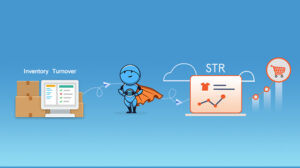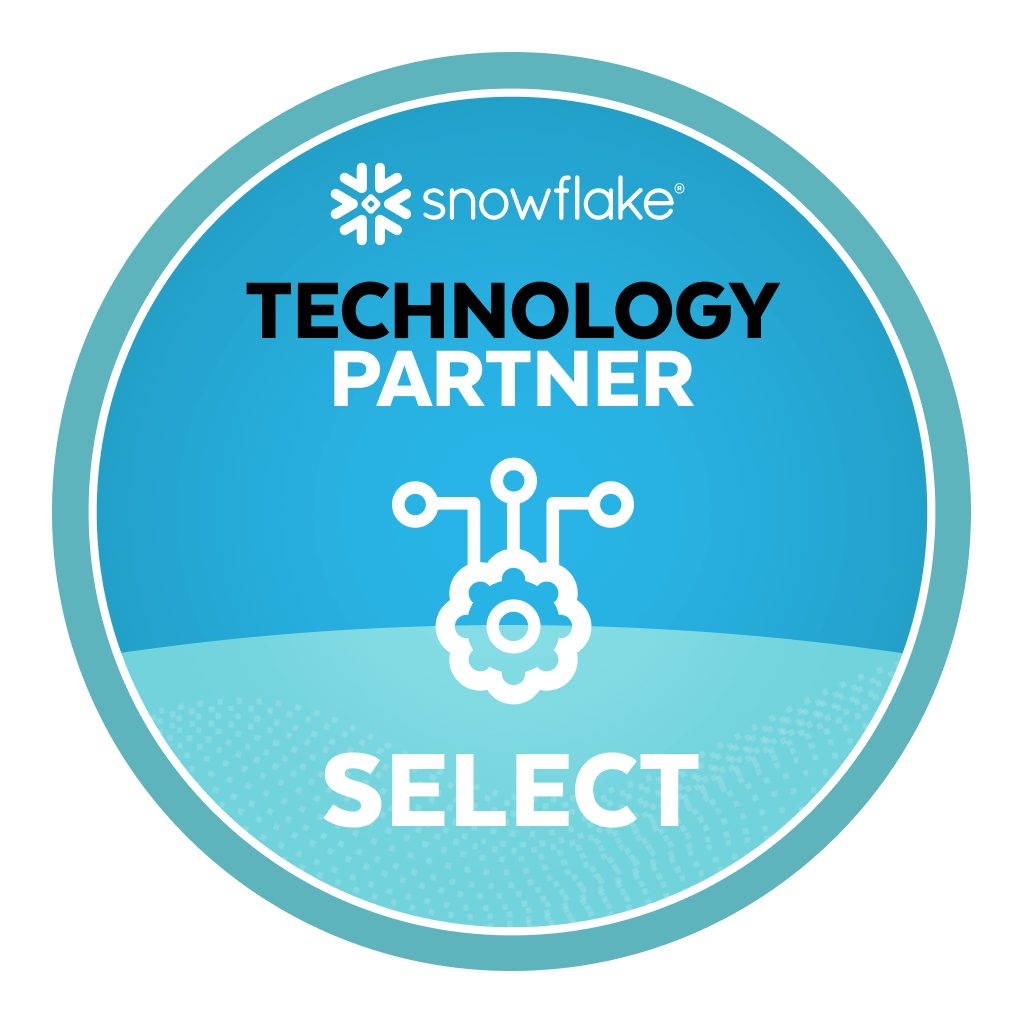The term called data wrangling is mostly used by Data analysts and data scientists. It’s also called Data Munging in which data from the erroneous and unusable form is converted into a more usable and compatible form for downstream purposes. This process helps get the real value of data that can leverage further.
There are statistics published where data scientists have estimated the amount of time spent in arranging the data to make it suitable to be used as input to a statistical model or utilize in R Main objective of this process is to map, convert and align raw data from one format and structure into another expected one to meet the purpose of other applications and usage. A data wrangler is a person who performs this operation process. This will eventually save a lot of time wasted on arranging the data.
The data transformation and aggregation performed at this level are of varied forms. They can be different than the ones done in the ETL process based on the statistical requirement of the data model as input data.

6 Main Phases of Data Wrangling
-
Data Discovery
Consider any form of raw data let it be structured data, unstructured data, audit logs and comments, social media feeds, sensor logs, etc. In this phase, the real variables are identified and understood. This is the crucial step to make sense of the data set. It enables an understanding of what can be done with this data.
-
Data Reformation and Restructuring
Today, companies take pride when they say their data is of a diverse nature. When it comes to this phase, the objective and variables have been identified hence the form, format, and structure are now converted into an expected format.
-
Data Cleansing
This phase has always been in practice and was never formally named. In this phase, the data is cleansed, redundancy is removed, erroneous data is fixed. Any piece of information that’s missing is filled in and made available.
-
Data Massaging
The main objective of this phase is to remove any unwanted information making data up to date in scope timeframe and in alignment with the project scope.
-
Data Validation
This phase is basically to test whether the data by the end of all the above phases match the requirements and is ready for the statistical model to consume.
-
Release the Data to Downstream Applications
The last phase in this process is to load this data into the target and allow other downstream apps such as data science models to use it for evaluation and predictions. Based on the outcome of data model execution iteration if the success criteria are not met the phases are revisited.
Tools for Data Wrangling
Python: Most data scientists prefer python and pandas objects for this task.
Tabula: It enables extracting data in CSV or excel and is a super user-friendly tool to cleanse and handle messy data.
OpenRefine: It’s a standalone open-source desktop application that aids in data transformation across formats and aids in data wrangling.
R packages: Data scientists using R mostly use dplr and tidy packages for this cumbersome activity. They help avoid inventing wheels.
Data Wrangler: Wrangler is a simple data transformation tool; it allows the interactive transformation of messy, real-world data into the data tables analysis tools expect. Export data for use in Excel, R, Tableau, or any such similar BI tools.
CSV Kit: CSV kit is a suite of utilities for converting to and working with CSV.
Wrapping Up
By now, you must know why Data wrangling is the most important task. Without clean and robust data, there is no Data Science. When you gain insights from your data and make your business decisions based on them, you gain a competitive advantage over other businesses in your industry. Yet, it doesn’t work without placing the base right and that’s why you need data wrangling processes in place.













